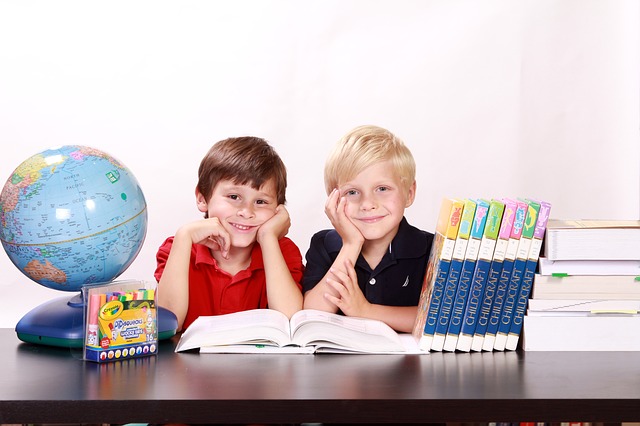Table of Contents
How To Help Your Child to Overcome ADHD
Hearing that your child has ADHD (attention-deficit/ hyperactivity disorder) can be very confusing and concerning.
The good news is that by engaging in treatment, children with ADHD can manage their symptoms, concentrate better, and be more successful in their everyday lives.
Recovery does not always mean a complete cure. It does mean that individuals are actively moving toward wellness. Getting information about your child’s diagnosis is one of the most critical tools you will need for the journey that you are going to embark upon.
What is ADHD?
Far too many parents depend on the “experts” to tell them everything about their child’s diagnosis, but your own research will help you and your family better understand the diagnosis.
ADHD involves behaviors that interfere with day-to-day activities in school, at home, and in social situations. A child with ADHD has a hard time paying attention, following instructions, and organizing and carrying out activities.
Children with ADHD often lose things, are forgetful, and are easily distracted. Hyperactive behavior includes things like difficulty waiting or taking turns, fidgeting or squirming, always feeling “on the go,” and not being able to sit still.
Children with ADHD may interrupt others, talk excessively, and express feelings of being “driven.”

What Causes ADHD?
Experts do not completely understand what causes ADHD. It is unlikely that a single factor causes ADHD.
It is most likely caused by a combination of things such as genetics (i.e., family history of ADHD), chemical or other changes in the brain, and/or environmental factors.
Dramatic increase in ADHD in recent years is attributed to emerging social and cultural issues such as:
- We Don’t Let Kids Be Kids and We Don’t Let Boys Be Boys
- We Care More About Test Scores Than Kids
- We Pass Our Stresses onto Our Kids
- We Let Kids Consume Too Much Media
- We Focus too much on Disabilities
Traumatic experiences can also contribute to the development of psychiatric disorders. If your child has experienced a traumatic incident, it is critical to share that information with their mental health specialist and pediatrician.

What are the Treatment Options?
ADHD can be managed in many ways. An individualized treatment program can include positive family and peer support or specialized educational programming.
This includes the use of behavioral therapy or a combination of medication and behavioral therapy.
It is important to encourage good self-care, such as a healthy diet, exercise, sleep, and abstinence from illicit drugs. Understanding the treatment for ADHD will help you play an active role in your child’s.
Medications
Medications can help manage many of the symptoms of ADHD. Stimulant medications are the primary treatment for ADHD. Each person reacts differently to these medications.
For that reason, the doctors may try different doses and different kinds of medication before finding the most effective approach.
Finding the best medication and the most effective dose may take time.
For some people with mild symptoms of ADHD, the health care professional may not need to prescribe medication.
Behavioral Therapy
Health care professionals may recommend behavioral therapy and parent management training as stand alone treatment or in combination with medications.
Therapy may help your child to develop behaviors and daily routines that can reduce the symptoms of ADHD. It can also help you develop strategies to support your child with ADHD.
RECOMMENDED LINKS:
Family support are also important for people with ADHD. Family members and caregivers with positive attitudes, and peers who are recovering from similar disorders, can be great assets to your child with ADHD.
Additionally, talking with other parents who also have a child diagnosed with ADHD can help you to learn more and know what to expect. You may benefit from having someone further along in the process with whom to discuss your own questions, thoughts, and feelings.

10 Tips to Parents & Teachers to Help Children with ADHD
- Let Them Fidget
- Provide Exercise Breaks
- Use Positive Time Out
- Go Outside to Learn
- Use Active Learning
- Discover Kids’ Strengths
- Teach Self-Monitoring
- Teach Stress Management Skills
- Make Learning Physical
- Engage with Novel Strategies
RECOMMENDED LINKS:






